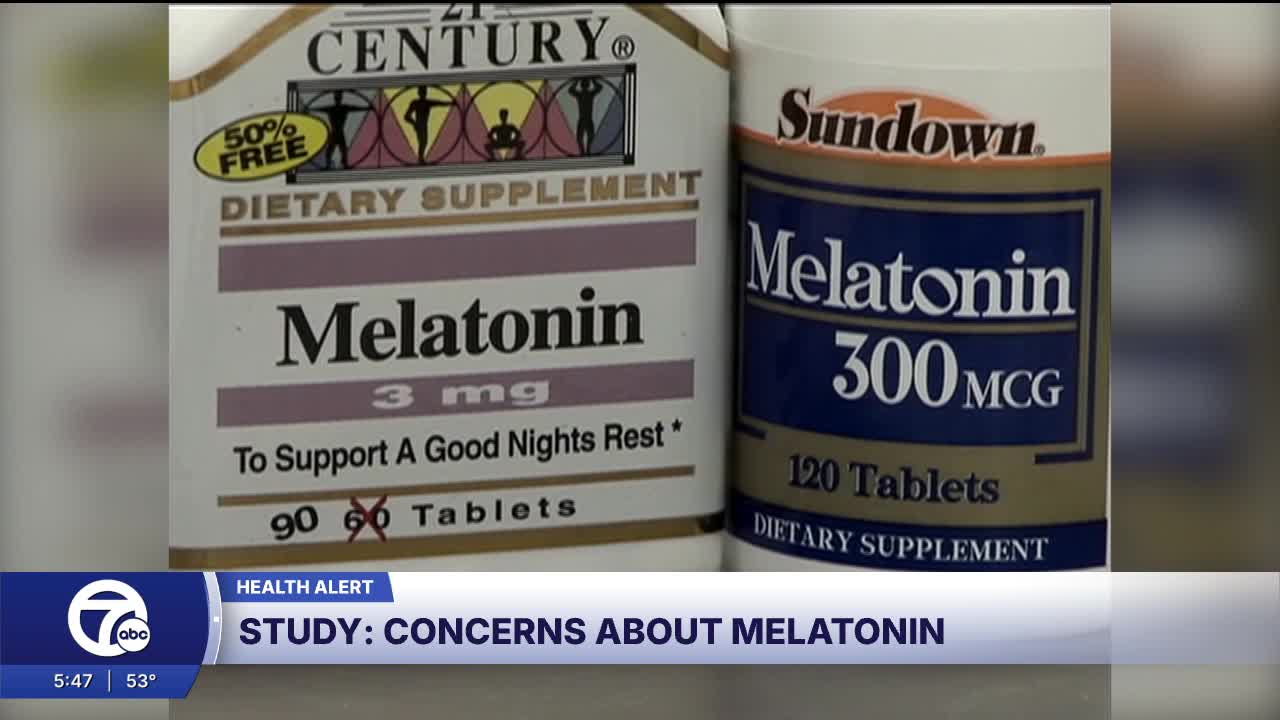(WXYZ) — In today’s Health Alert, new research raises concerns about a popular sleep aid that many people think is safe and natural. We’re talking about melatonin and whether taking it long term could affect your heart.
Researchers looked at the medical records of more than 130,000 adults with chronic insomnia. They compared those who took melatonin for a year or longer with those who didn’t. The average age was 55, and over 61% were women.
And here’s what they found — those taking melatonin long-term had about a 90% higher chance of developing heart failure over the next five years. They were also more than three times as likely to end up in the hospital for heart failure, and the risk of death from any cause was nearly doubled.
Now, that sounds alarming, but the study does not prove melatonin causes heart problems. It only shows an association. There were limitations, like not knowing exact doses, how severe participants’ insomnia was, or whether other medications or underlying conditions played a role.
As someone who struggles with sleep myself, I really understand how hard it can be to get a good night’s rest.
Now, when it comes to insomnia, it can happen on its own, or stress, medications, or underlying medical conditions could be behind it. Lack of sleep can increase your risk for sleep apnea, depression, anxiety, type 2 diabetes, obesity, even heart failure, heart attack, and stroke.
If you struggle with sleep, I recommend seeing your doctor. They can help figure out what’s behind your sleep troubles and guide you toward the best treatment. That might mean treating a medical condition, trying therapy for stress or emotional issues, using cognitive behavioral therapy for insomnia, taking medication, and improving your sleep habits. I always tell my patients to practice healthy sleep hygiene. That means limiting screen time before bed, keeping your bedroom cool and dark, and avoiding alcohol or large meals before bedtime.
Now, concerning melatonin, if you’re already taking it or considering it, it’s important to talk to your doctor about the pros and cons. Keep in mind that supplements are not strictly regulated in the U.S. So it’s best to look for products verified by the U.S. Pharmacopeia, which means it’s been independently tested for quality.
I know people can struggle to get a good night’s sleep. And while this new study has some limitations concerning melatonin use, its findings are important and shouldn’t be ignored.




